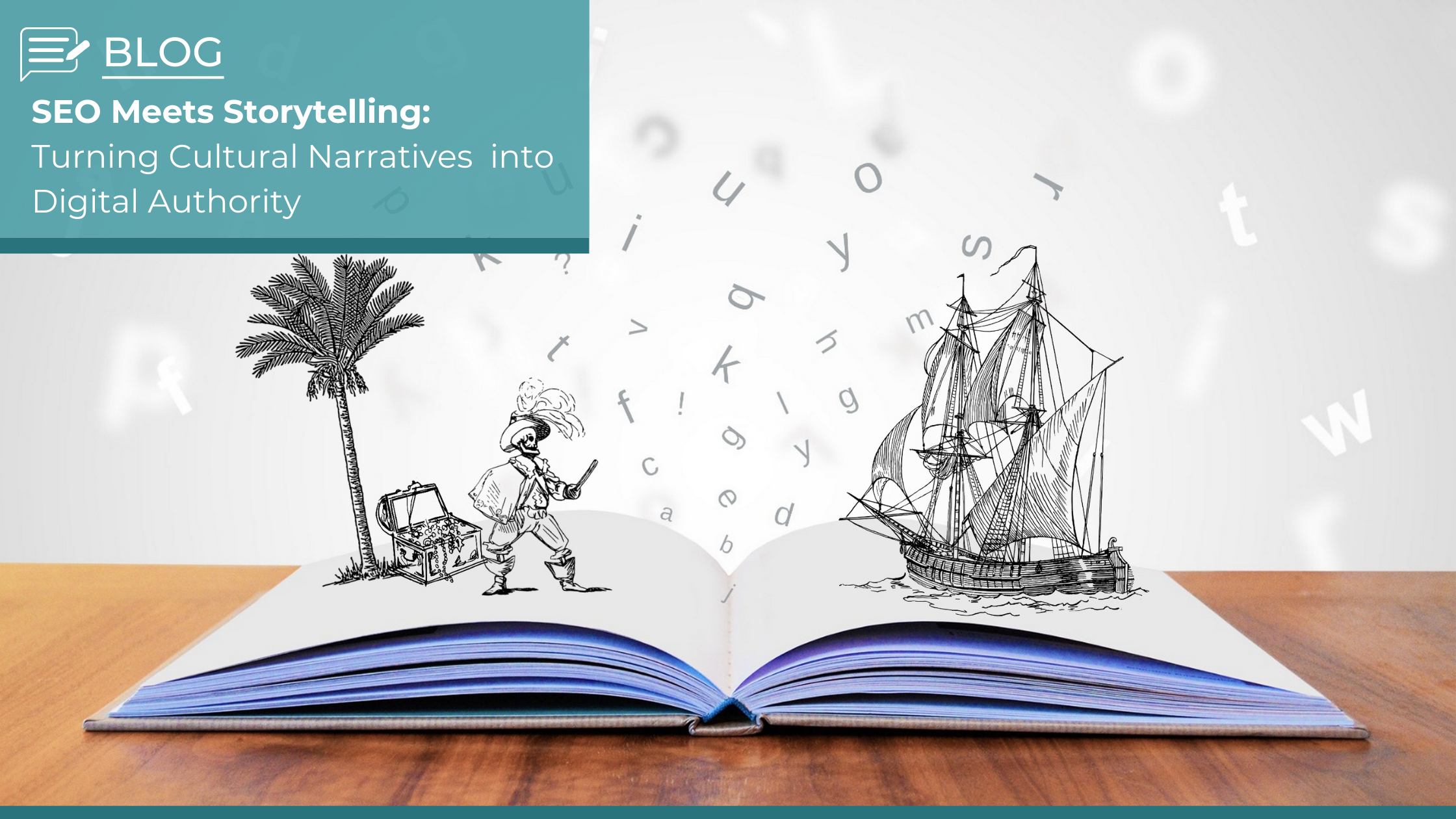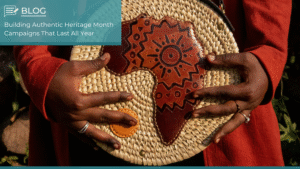Search engines have long rewarded content built around keywords and technical optimisation. Yet in 2025, authority is increasingly defined by the depth and authenticity of narratives.
For businesses seeking to differentiate themselves, the convergence of SEO and brand storytelling presents both a challenge and an opportunity.
Why Storytelling Drives Search Success
The digital environment has shifted from focusing on keyword density to emphasising context and meaning. Google’s algorithm updates have consistently prioritised relevance, expertise, and authority. Authentic brand storytelling has therefore become integral to achieving visibility online.
According to Deloitte’s 2022 Global Marketing Trends report, 57% of consumers are more likely to trust a brand that demonstrates cultural awareness in its communications. This aligns with the evolution of SEO towards recognising user intent and rewarding content that provides genuine value.
For brands in diverse markets such as South Africa, the ability to integrate cultural narratives into digital strategy is not simply a creative exercise but a means of establishing authority in search rankings.
Cultural Narratives as Authority Builders
Heritage campaigns and cultural campaigns offer fertile ground for creating content that is both relevant and resonant. By incorporating local traditions, community values, and authentic perspectives into their marketing, companies can establish themselves as credible sources of information and expertise.
This approach is particularly effective in competitive industries where differentiation is difficult. When combined with robust SEO practices, cultural narratives can serve as long-term engagement strategies that enhance both search visibility and audience trust.
In my work with clients at Republic Digital Consultancy, I have observed that brands often underutilise heritage month marketing, confining cultural narratives to short-term social media posts. By extending these narratives across blogs, guides, and long-form digital assets, businesses can create content ecosystems that search engines reward for topical authority.
Balancing Technical Precision with Human Stories
The strongest content strategies are those that balance technical optimisation with human storytelling. Search engines now recognise depth and authenticity, which means that cultural narratives are not only valuable for audiences but also for rankings.
The interplay between SEO and storytelling requires careful alignment. Metadata, internal links, and keyword clusters remain essential. However, they must be integrated into narratives that speak to identity, inclusivity in marketing, and cultural relevance.
Learning from Global and Local Success
Global heritage brands have demonstrated the value of narrative-driven SEO. Luxury houses that highlight their history across digital channels consistently perform strongly in search results because their content is rich, authoritative, and aligned with user intent.
In the South African context, organisations that link cultural narratives to contemporary issues have achieved similar outcomes. Educational institutions that publish long-form content on local heritage not only serve their communities but also gain prominence in search rankings.
The lesson for CMOs and marketing managers is clear: storytelling that draws on cultural identity can become a competitive advantage when structured with SEO in mind.
Three Pillars for Cultural SEO Success
To embed cultural narratives into SEO strategies effectively, businesses should focus on three structural elements:
Content clusters around heritage: Develop topic hubs that connect blog articles, guides, and case studies on cultural themes.
Authentic brand storytelling: Showcase experiences and voices from within the organisation and community, ensuring inclusivity in marketing.
Technical reinforcement: Ensure that metadata, schema markup, and internal links are aligned with heritage campaigns to strengthen authority.
By structuring content in this way, companies create a web of relevance that aligns with Google’s E-E-A-T principles: Expertise, Experience, Authority, and Trustworthiness.
The Future of Narrative-Driven Search
As AI-driven search expands, the future of SEO will belong to organisations that can prove both technical proficiency and narrative depth. Heritage campaigns will play a growing role in this space, offering culturally grounded content that builds long-term engagement strategies while improving visibility in increasingly competitive search landscapes.
For marketing leaders, the imperative is to treat storytelling not as a creative afterthought but as a central component of SEO strategy.
The brands that succeed will be those that combine authentic cultural narratives with technical precision to build digital authority that endures.









